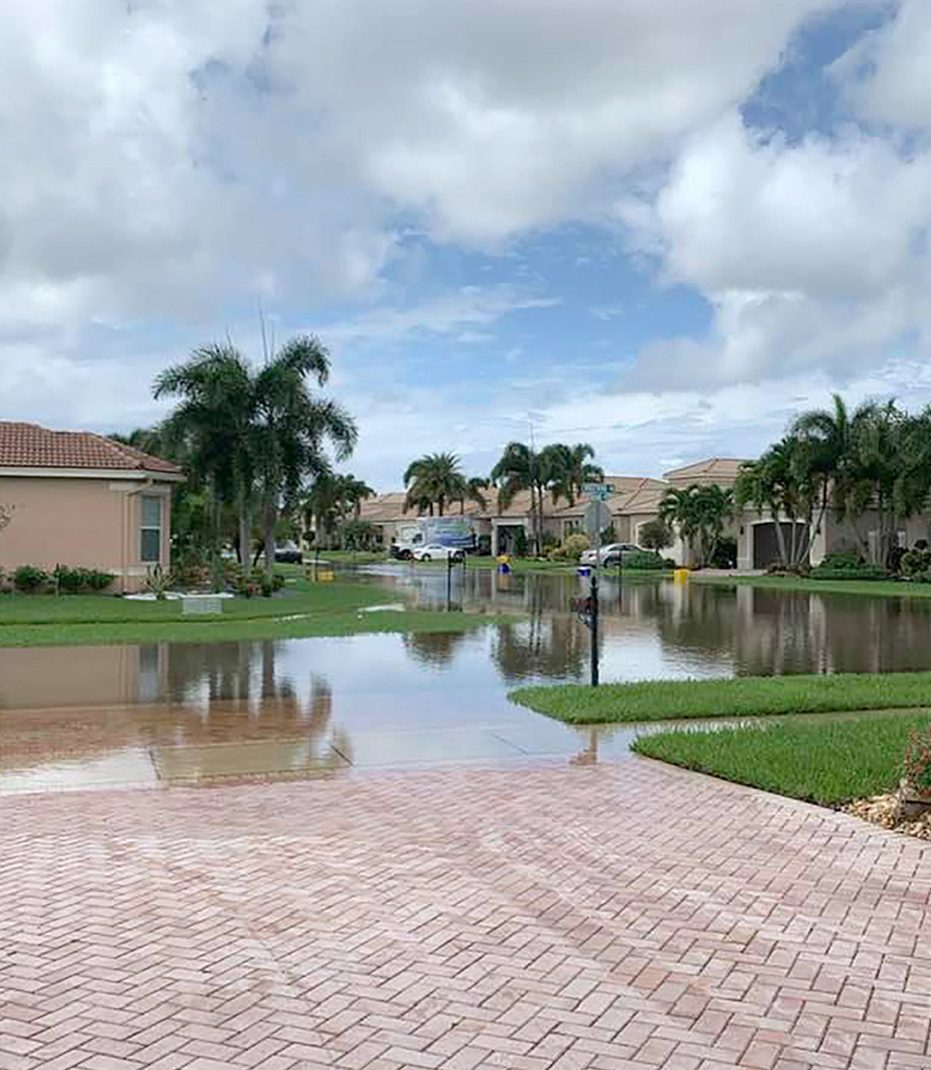
Flooding incidents, whether due to natural disasters or plumbing malfunctions, can lead to significant property damage and pose health risks to occupants. In California, premises liability law becomes particularly relevant in determining responsibility for flood damage and its associated repercussions. From a homeowner’s duty to a tenant’s responsibilities and mandatory disclosures, it’s important to understand the nuances of flooding in relation to California’s legal landscape.
Homeowners and Flooding
Homeowners bear the primary responsibility for maintaining the safety of their property, which includes addressing and preventing potential flooding issues. When floods occur due to structural issues, poor property maintenance, or negligence in addressing known problems, homeowners or property managers might be held liable for resultant damages. This liability extends not just to property damage but also to potential health hazards, such as mold growth resulting from unchecked water damage.
Tenant Responsibilities in Flood Damage
While homeowners and property managers bear a significant portion of the responsibility when it comes to flood damage, tenants aren’t entirely exempt. Tenants might be held accountable for water damage in specific scenarios.
- Negligence: If the flooding results directly from the tenant’s negligent actions, such as leaving a faucet open, they might be responsible for the associated damage.
- Duty to Report: Tenants have a duty to report potential hazards or maintenance issues to the property owner or manager. If a tenant notices a leaking pipe but fails to report it promptly, leading to more extensive flooding and damage, they might bear some responsibility for the resultant harm.
- Tenant-Owned Appliances: For appliances owned by the tenant, if a malfunction leads to flooding, the tenant might be held liable for the damages incurred.
However, it’s essential to note that each case can be unique. The specifics of the lease agreement, the source of the flood, and the actions (or inactions) of both the tenant and the property owner will play crucial roles in determining responsibility.
Mandatory Flood Disclosures in California
With flooding being a significant concern, especially in certain regions of California, the state has instituted mandatory disclosure laws to ensure transparency and safety. California requires property owners to disclose flood risks in every residential lease or rental agreement. This law ensures that potential tenants are made aware of the flood risks associated with a property before committing to a lease. Non-compliance with this mandate can lead to legal repercussions for property owners and give tenants potential grounds for litigation should undisclosed flooding occur.


Taking Legal Action
Flooding, within the purview of California’s premises liability law, underscores the balance of responsibilities between property owners and tenants. While homeowners and property managers bear the brunt of the accountability, ensuring that properties are well-maintained and potential flood risks are addressed, tenants also have duties to act responsibly and report potential hazards.
The introduction of mandatory flood disclosures further cements California’s commitment to transparency and safety. By ensuring that residents are aware of potential flood risks, the state empowers individuals to make informed decisions and reinforces the duty of care that property owners owe to their tenants.
Given the complexities involved in determining liability in flood incidents, seeking expert legal advice becomes paramount for both tenants and property owners. Proper legal guidance can navigate the intricacies of the law, evaluate the specifics of each case, and ensure that rights are protected and responsibilities are duly met.

